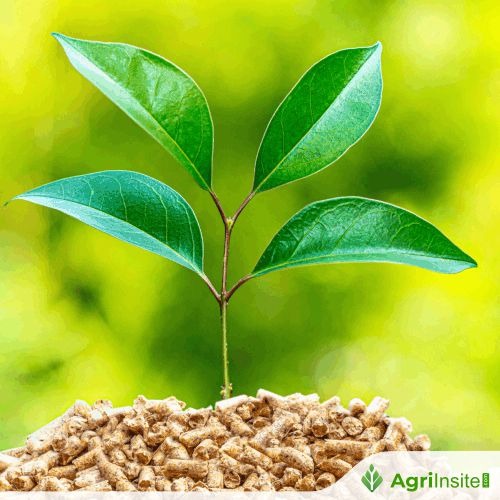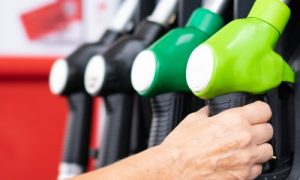Biomass-derived hydrogen to power cargo vessel

Compact Syngas Solutions (CSS) will supply 200kg of hydrogen from waste materials to power a 40-day sea trial of Carnot’s 50kW hydrogen engine in March 2025. The trial aims to demonstrate zero-emission shipping across the Irish Sea. CSS’s waste-to-hydrogen process, enhanced with carbon capture, aligns with the UK’s Net Zero 2050 goals, offering sustainable solutions for maritime decarbonization.
Waste-to-hydrogen producer Compact Syngas Solutions (CSS) is set to generate 200kg of hydrogen from waste materials to power a groundbreaking 40-day sea trial of a zero-emission marine hydrogen engine.
The 50kW hydrogen auxiliary engine, developed by Carnot, was recently awarded a £2.3 million government grant to further advance its technology. The engine will undergo testing at Brunel University before being installed on a K-class cargo vessel from Carisbrooke Shipping. The vessel will then embark on a trial route across the Irish Sea, between the ports of Bristol and Belfast, in March 2025.
The global shipping industry contributes around 3% of worldwide greenhouse gas emissions, with regulations requiring vessels to reduce emissions by 40% by 2030, compared to 2008 levels. By 2050, the industry must achieve net-zero emissions. While smaller vessels on shorter routes may consider electrification or fuel cells, these options are not yet practical for large, long-distance ships.
Carnot’s 50kW engine is just the beginning, with plans for larger 200 to 400kW auxiliary engines, and eventually, 1 to 10MW main engines.
CSS, based in Deeside, Wales, has stepped in to supply the hydrogen needed for the trial after Carnot faced challenges sourcing the fuel. Recently, CSS secured nearly £4 million in government funding to make its waste-to-hydrogen process even more sustainable, incorporating carbon capture technology to further reduce emissions.
CSS uses an advanced gasification method that converts waste materials, such as wood and other non-recyclable biomass, into electricity, heat, and hydrogen gas. The process also produces biochar, a by-product with numerous applications and a proven ability to sequester carbon.
This innovative technology is seen as a crucial part of the UK’s strategy to achieve its Net Zero 2050 goal. By creating low-carbon hydrogen from waste materials, the process prevents waste from ending up in landfills and provides a cleaner fuel with minimal greenhouse gas emissions.
Karen Taylor, Chief Marketing Officer at Compact Syngas Solutions, commented: “The marine industry faces significant challenges in its efforts to decarbonise, with hydrogen and methanol emerging as promising solutions. We’re excited to contribute to this pioneering trial, which could play a major role in reducing emissions across the maritime sector.”
Jeremy Howard-Knight, Carnot’s head of business development, added: “Finding hydrogen for this trial has been more difficult than we anticipated, so we’re incredibly grateful to Compact Syngas Solutions for stepping in. It’s amazing to think that these large vessels will be powered by waste wood that might have otherwise ended up in a landfill.”
Source Link : Bio Energy Times

















